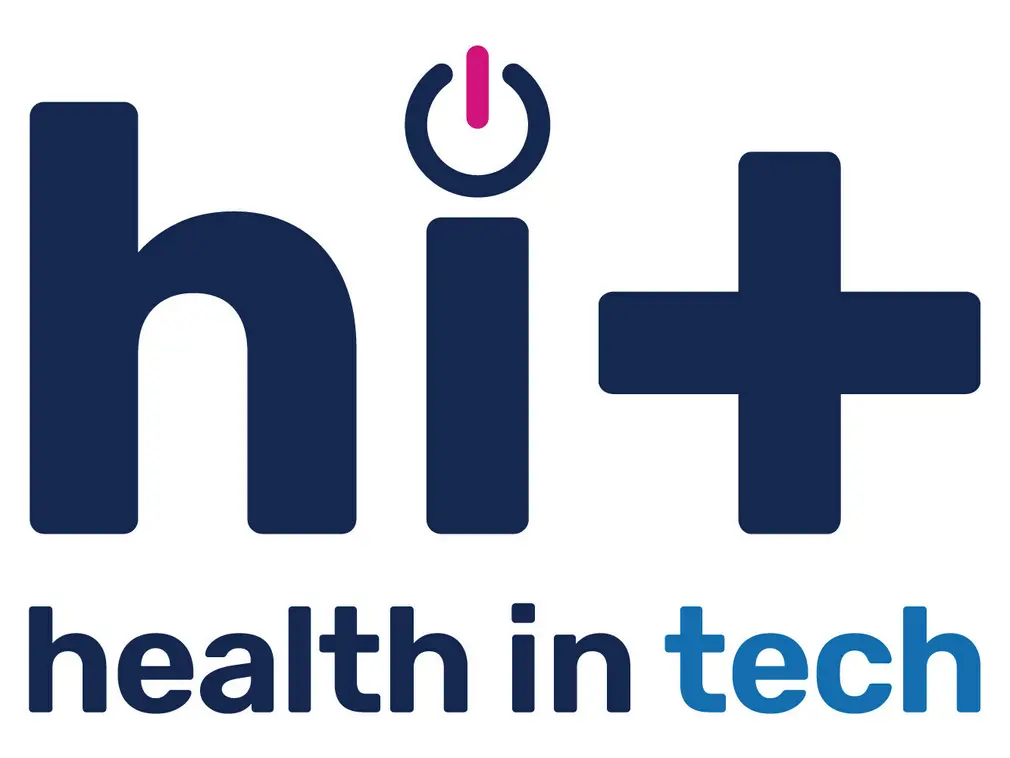Maine Colleges Are Evolving to Meet the Growing Demand for Online Classes

Why Online Classes Are Critical in Today’s Educational Landscape
In today’s fast-paced world, online classes are becoming an essential part of higher education. With technology advancing rapidly and more students choosing to learn remotely due to personal convenience and geographical limitations, colleges across Maine are adapting to meet this growing demand. This shift is not just about flexibility but also accessibility for students who may have faced barriers in traditional classroom settings.
Maine Colleges Are Adapting to the Shift to Online Learning
1. Increased Focus on Online Education Infrastructure
Many colleges in Maine are investing in technology and resources to support online learning. From implementing virtual classrooms to providing reliable internet access, these institutions are ensuring that students have the tools they need to succeed in a remote environment.
2. New Programs and Specializations
Online classes have opened doors for new educational pathways. Majors once limited to on-campus-only courses now offer fully online alternatives, catering to diverse student interests such as digital marketing, cybersecurity, and even culinary arts—all pursued remotely.
3. Enhanced Student Support Systems
Colleges in Maine are recognizing the importance of supporting students during this transition. Many have established academic advisors and technical support teams to assist students with course registration, troubleshooting connectivity issues, and ensuring they fully utilize online learning tools.
The Benefits of Online Classes for Students
Convenience and Flexibility
Online classes allow students the flexibility to attend lectures from anywhere with internet access. This convenience is particularly beneficial for working professionals or those with health conditions that make in-person attendance challenging.
Enhanced Accessibility
Students who may have previously been unable to attend due to geographic constraints can now access quality education from the comfort of their homes, breaking down traditional barriers and expanding opportunities across Maine and beyond.
Institutional Strategies for Adapting to Online Learning
Curriculum Updates and Innovations
Many colleges are integrating online learning into their curricula by developing new courses or modifying existing ones. These changes not only align with the demand for remote education but also ensure that students receive a robust, tech-savvy education.
Faculty Development and Training
To support the shift to online classes, colleges are providing professional development opportunities for faculty members. Trainers help instructors stay current with digital teaching tools and methodologies, ensuring effective instruction in virtual classrooms.
Partnerships with Tech Providers
Collaborations between educational institutions and tech providers are becoming increasingly common. These partnerships not only enhance the learning experience but also facilitate seamless integration of online platforms for both students and faculty members.
Future Implications for Online Education in Maine
Growth Opportunities for Higher Education
The rise of online education is creating new opportunities across all sectors of higher education. In Maine, this shift could lead to the expansion of specialized programs and the recruitment of a more diverse student body.
The Need for Adaptability
As technology continues to evolve, colleges must remain open to innovation in their teaching methods. Adapting to online learning will not only serve current students but also prepare institutions to thrive as digital education becomes an integral part of postsecondary education.
Conclusion
Maine’s colleges are no longer just meeting the demand for online classes—they are leading in transforming higher education through innovation and adaptability. As technology continues to drive change, these institutions will play a crucial role in shaping a future where online learning is as common as traditional classroom settings.







